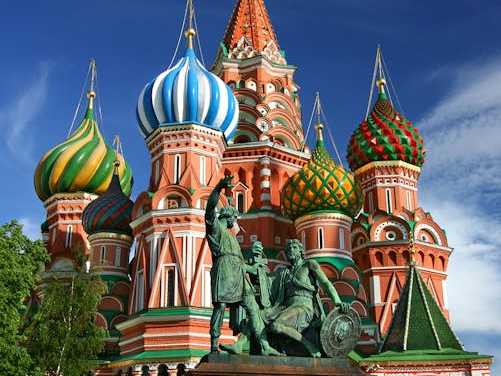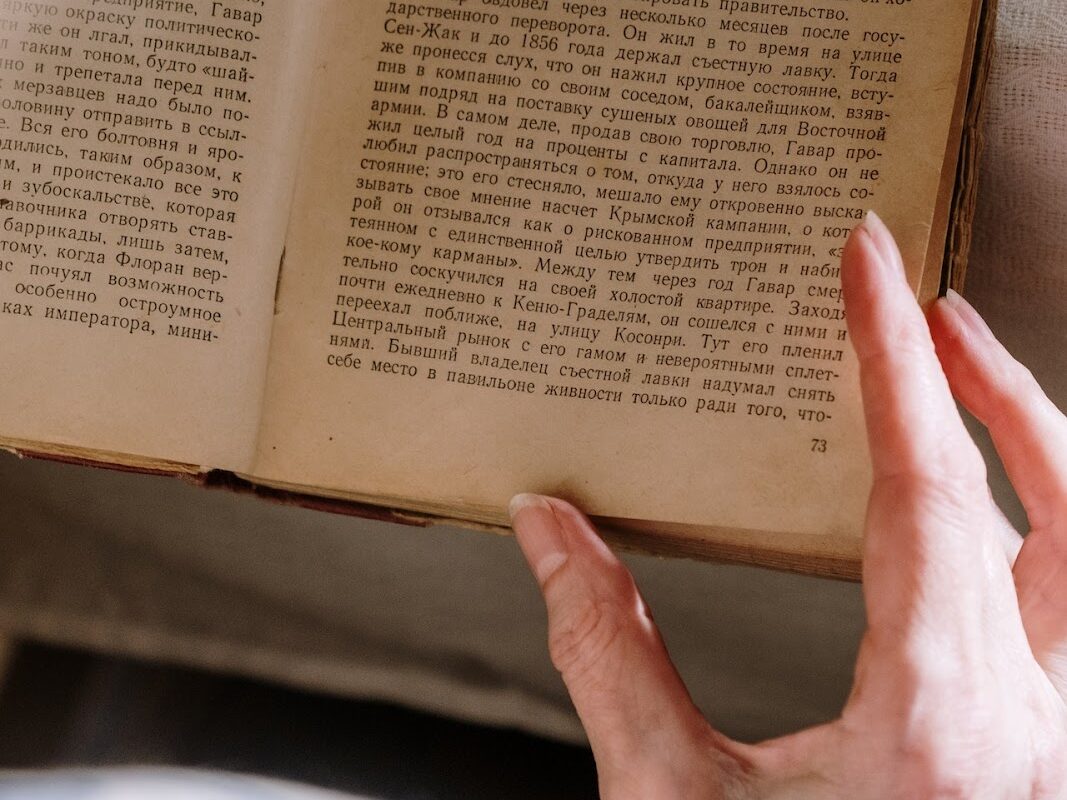Russia is a complex place for deaf people. The history of the deaf community has its triumph, starting in the 1800s. Onward, it seemed like a Utopia for a marginalized group. Yet, the Soviet Era created a place where the word shame was associated with the idea of people who were even slightly different from others.
Despite the uniqueness of Russian deaf culture, they face barriers in their country. This post explores the multifaceted relationship between the deaf and hearing communities in Russia.

Russian Sign Language and Oralism
Russian Sign Language is used in Russia, some parts of Belarus, and Tajikistan. It is most connected with French Sign Language but has signs unique to Russia. It became recognized in 2012.
The study of Russian Sign Language began at the St. Petersburg School for the Deaf in the 1800s by Victor Ivanovich Fleury. At the time, de l’Épée’s method was preferable for deaf students. It combined oralism with the usage of signs since the deaf faced backlash for using gestures in the first place. Later though, the Association of the Deaf presented in a speech to Congress that forced oralism wasn’t a reliable education curriculum. Sergei Sokolov, a deaf educator, emphasized facial expressions as a means of communication because that is a big part of Sign Language.
However, Congress agreed to the importance of facial expressions, but only in the deaf community. Even in school, the use of facial expressions in Sign Language was deemed unacceptable, and thereafter, oralism was still employed.

The Stigma of Being Deaf in Russia
Being deaf is deemed a weakness in society. The deaf community in itself is a minority culture. Russia has experienced an incredible history with deaf people. In the 1800s, the Russian deaf society blossomed. They established schools for the deaf, published the manual alphabet book, and started organizations.
Over time, labor unions formed to protect the rights of deaf people. Deaf officials also served in Congress in the early 1920s. But all of this inclusion took a downfall in the Cold War. When Russia became the Soviet Union, this was a dark period for minorities.
Soviet Ideology
The Cold War was when the USSR instilled an ideology of every social class and group being equal. Being deaf doesn’t fit, and they stood out even more amongst the majority. The focus was to achieve a homogenous society that would alter the lives of the deaf in linguistic uniqueness. It resulted in the suppression of their cultural diversity. During the 1990s, a State Legal Code grouped deaf people with the mentally insane. They took their autonomy by placing them under legal guardianship unless they could prove fluency in the Russian language.
Post Soviet Era
The stigma against the deaf community continues today, even though there are adjustments in social services and other programs. According to Human Rights Watch, the movie, “Temporary Difficulties” depicts the daily struggles that deaf people face in Russia. A couple has a special needs child and is told it’s acceptable to give him away. They are reluctant to do it and opt for a life of raising this child. Unfortunately, it’s not a triumph story. The parents put the child through therapy and somewhat forced his disability away to become normal.
This movie reflects what the community that is considered other faces. Including exclusion and alienation from the medical community. It leads to forced assimilation into the hearing world. Deafness shouldn’t be something that needs to be solved. The deaf community is unique and worth recognition in its own right.
But hearing people don’t believe in the richness of the deaf culture. They see it as a chance to make life difficult in Russia. The stigma turns into discrimination in many areas of life.
Russian Deaf Culture
Most studies of deaf culture rely on painting the picture of the Western world. The story of Russian deaf culture is an untold story. The foundation of this culture is Russian Sign Language at its core. When residential schools were established during the Revolution in 1917, deaf people created literature based on their experience and told the story of their community. They primarily did this with folklore stories, which got passed down from generation to generation. More importantly, the deaf community remains strong in Russia because of the similar struggles and barriers they endure against the hearing society.
Accessibility in Russia: Do Laws Protect the Deaf?

The Federal Law in Russia passed laws to prevent the discrimination of the deaf and other disabled groups in education, social services, and employment. Russia also signed the disabilities act presented by the United Nations in 2012. However, this is the face value of how the hearing community treats the deaf in Russia.
The laws are vague in terms of protections for deaf people. Therefore, not much has changed, and there’s still a denial for deaf people to get into a good school, get healthcare, and other services accessible to hearing people. The laws were amended in 2018 for changes in accessibility for emergency service announcements and making public transportation systems like the train easier to use for the deaf.
Access to Basic Things
Ever since the Soviet Era, deaf people still experience a feeling of shame for their characteristics. Even Sign Language is still not present everywhere. For example, Human Rights Watch reports on a woman from Siberia who has frequent hospital visits. Visiting the city center via public transportation is difficult because deaf people can’t communicate with drivers.
Stripping accessibility through means of communication is a rights violation. That is what deaf people experience in all sectors of life. Communication is how we connect and form groups that affect us mentally and psychologically. Without this, it’s hard to live a good and meaningful life. A life with a solid social network, receive a quality education and have a job that supports your lifestyle.
In recent years, the Russian government has shown a willingness to change society to welcome deaf people. Nevertheless, barriers and cultural stigma leave a stain on the deaf community. More protections are necessary to ensure that deaf Russians have equal access and opportunity to the same things that hearing people do.
Embracing diversity and focusing on understanding the deaf community isn’t a magic spell but a start to a better path.
For more on the complex relationships between the deaf and hearing communities all over the world, visit https://www.unspokenasl.com/
Thumbnail Photo by Julius Silver

